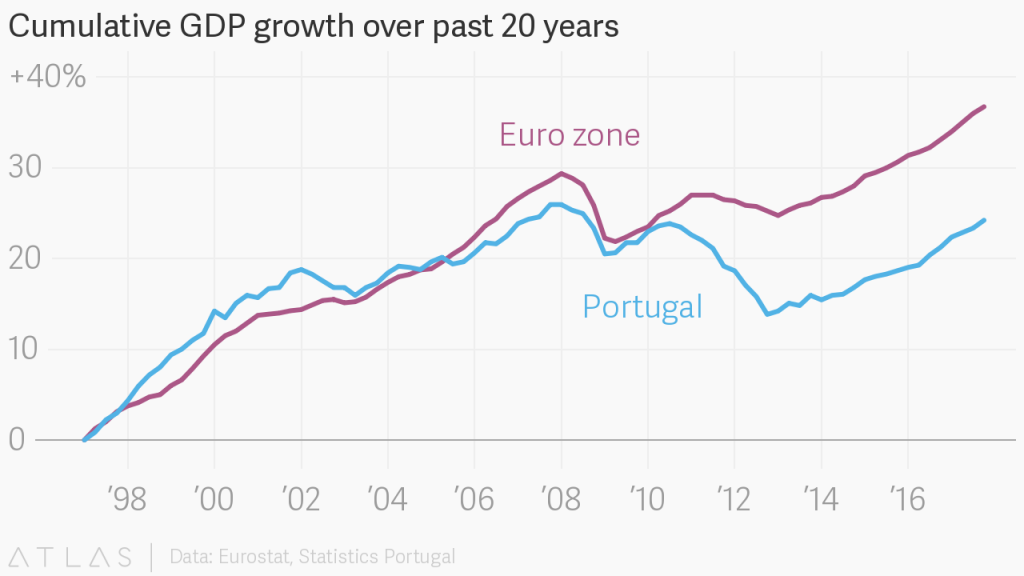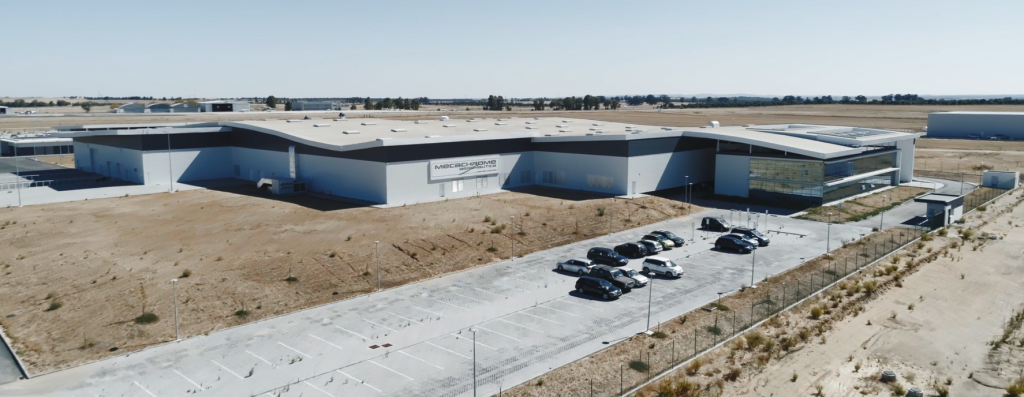One benefit of being one of the poorer countries in Europe is that the EU keeps on throwing more money at Portugal, most of which is directed at businesses of all sizes who can contrive a means of fitting into a category deemed worthy of subsidising. Generally speaking to get a good gulp of funding from the EU money tap, a company based in Portugal has to be one of three things – an exporter, an innovator or located in the unloved interior of the country.
The most recent round of EU funding began in 2014 and will end in 2020, by which time Portugal will have received €22.5 billion. Of this money around 40% is being spent in the interior of the country, which struggles to attract and hold on to businesses, because of low population densities, poor infrastructure and a more extreme climate. This does mean that virtually anyone who wishes to set up or make capital investments in a business in the interior will have very generous funding available. To get an idea of the scale there have been 11 companies located in the interior of the country that have received more than €10 million in EU subsidies since 2014 as a share of the over €1 billion that has already been made available.
As well as the cash there are also numerous benefits available in terms of local tax holidays, benefits for training staff, exemptions from national insurance payments and so on. So for companies that are quite happy to locate in the middle of nowhere it can be a very attractive proposition.
The original idea of these “structural funds” was to bring poorer areas of the EU up to speed with the richer ones. Judged on these criteria it has been a failure in Portugal, with the economy generally growing less than the the European average since the creation of the European Union and now once more stumbling towards recession.

The key problem with Portugal’s economy is not a lack of subsidies from the EU, far from it: these are part of the problem as they have helped to patch over fundamental problems that have kept productivity growth so low. The two key areas that need to be reformed in Portugal to promote economic growth are the legal system (which is so badly underfunded and outdated that in can often take 6 or 7 years to resolve relatively simple commercial disputes in the courts) and the labour markets (where firing workers that have been working in a business for more than 3 months can be prohibitively expensive). Dealing these problems requires a courageous and principled government; far easier just to jump on the EU gravy train.
If you would like some help to get on the EU gravy train in Portugal or are otherwise interested in investing or holding an event in northern Portugal, please contact us for more information.

